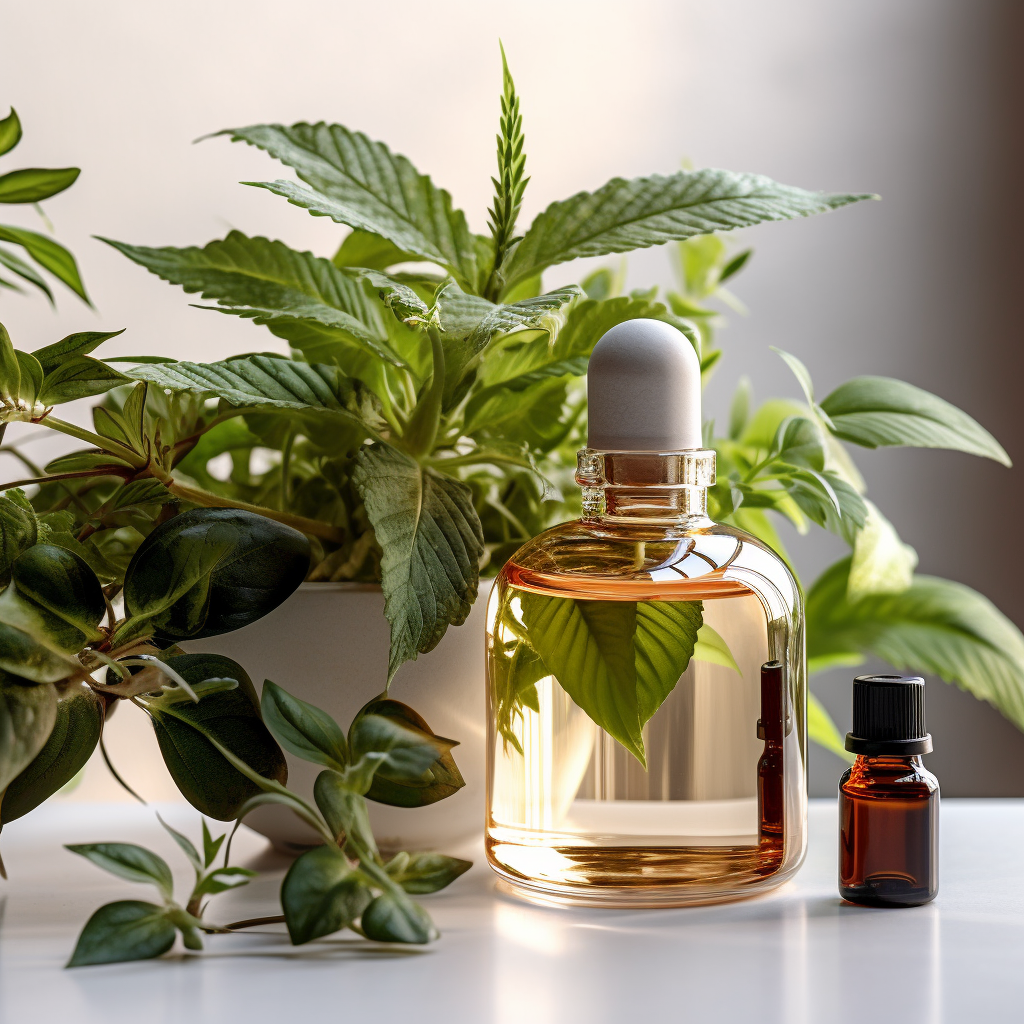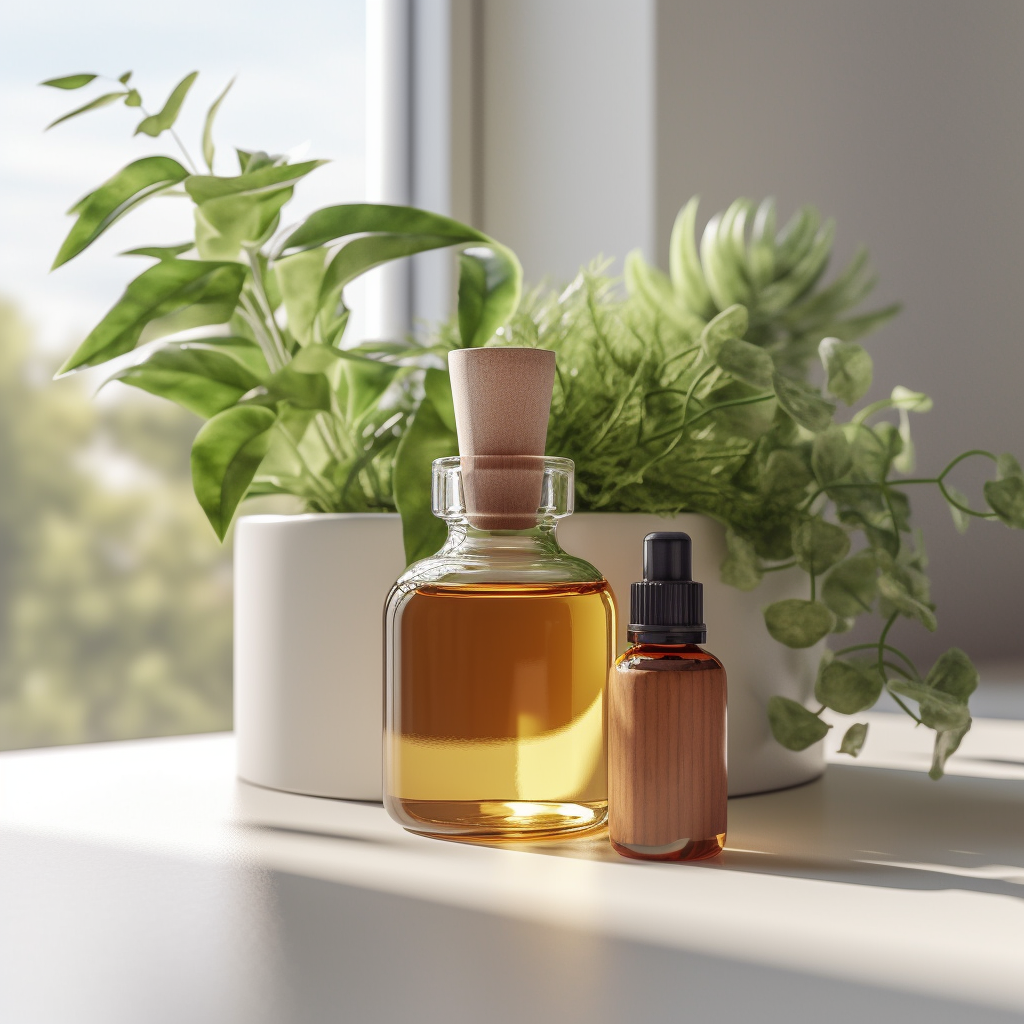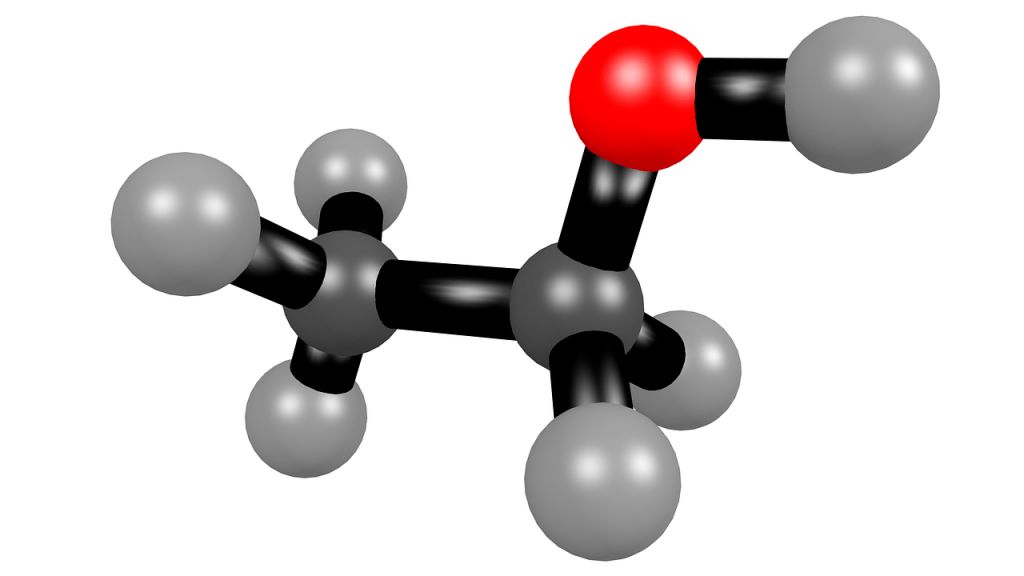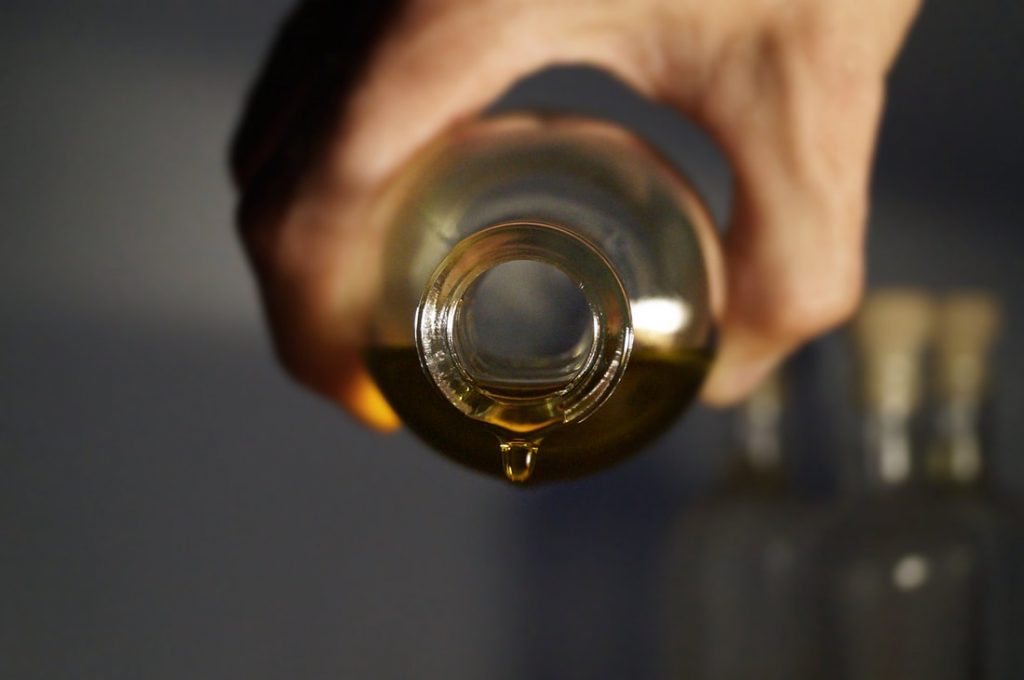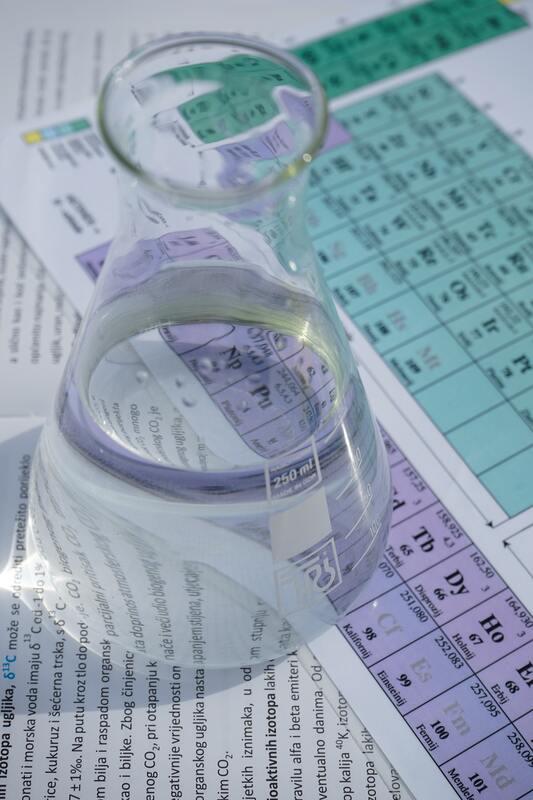09
Jun
Extract Botanicals with Isopropyl Alcohol
Are you a fan of natural skincare products? Then you’re in the right place.
Nowadays, people want to use traditional plant beauty products. Those commodities protect and nourish the skin without a downside. The best way to get that effect is to maximize the production of bioactive compounds with a non-polar solvent.
In this article, you’ll learn about how to extract botanicals with isopropyl alcohol. You’ll also know the advantages of extracting botanicals with the solvent.
Let’s dive in.
15
Apr
Ethanol for Extraction: 200 Proof, 190 Proof, or Ever Clear? – 190 Proof vs 200 Proof for Extraction
Ethanol for Extraction: 200 Proof, 190 Proof, or Ever Clear?
Ethanol production contributed $34.7 billion to the country’s GDP. Manufacturers use that solvent to make sanitizers, extract oils, and as a cleaning agent.
Alcohol grading depends on the solvent’s concentration and the impurities present. In this article, you’ll learn what makes 200 proof ethanol vital in extraction procedures. And factors making it better than 190 proof ethanol or Everclear.
What is 200 Proof Ethanol for Extraction?
Vendors call the product 100% absolute, anhydrous, or dehydrated alcohol. However, it’s challenging to gain...
16
Mar
190 Proof vs. 200 Proof Ethanol Differences
190 Proof vs. 200 Proof Ethanol differences
190 Proof vs. 200 Proof Ethanol differences; the alcohol manufacturing business generated a household revenue of 28.7 billion in 2021. That effect was majorly due to the solvent’s use in manufacturing sanitizers to combat COVID-19.
Botanical oil industries also used ethanol in their extraction processes. And thereby, the companies provided products that could help manage anxiety and depression that arose during the pandemic.
However, there’s a lot of confusion concerning alcohol grades as the industry grows. Notably, what are the differences and uses of 190 proof and 200 proof ethanol?But...
21
Feb
Ethanol for Winterization: All You Need to Know
Ethanol for Winterization: All You Need to Know
Do you need high-quality botanical oils? You’re going to need an excellent dissolving solvent such as ethyl alcohol and an easy, affordable, and safe technique such as ethanol for winterization.
The advantage of using ethanol is that you’ll increase your product’s potency by extracting most of the cannabinoids, terpenes, and alkaloids in a high percentage. Moreover, you’ll also effectively sieve out impurities such as chlorophyll, fats, waxes, and lipids. But how do you use alcohol for the winterization process? Below you’ll find out all you need...
21
Feb
Ethanol for Winterization vs. Extraction for Extraction
Ethanol for Winterization vs. Extraction for Extraction
Ethanol for Winterization vs. Extraction for Extraction; a financial report predicts that botanical oil sales will grow by 700% from $6 billion in 2016 to $50 billion in 2026. That massive boom will increase demand for resources such as ethanol used in extracting and purifying botanical oil.
Lately, there have been many questions surrounding alcohol use. For example, is the solvent effective for winterization or extraction?
The answer is both. However, you’re bound to extract a mediocre product without the proper technique. But...
21
Feb
Essential Oil Extraction with Ethanol
Essential Oil Extraction with Ethanol
Essential Oil Extraction with Ethanol, did you know that recreational alcohol use dates back 13,000 years ago? Now you know.
And have you ever bought cannabis oil, caraway seed oil, or lavender oil and wondered how companies make them? That process is possible through ethanol.
But why do they use ethanol to extract the essential oils? Below, you’ll find out everything about that and what steps to follow to get a premium product. Read on to learn more.
What Are Essential Oils?
14
Dec
Denatured Alcohol Vs. Rubbing Alcohol
Denatured Alcohol Vs. Rubbing Alcohol
Denatured Alcohol Vs. Rubbing Alcohol - Alcohols are organic compounds with one or more hydroxyl groups attached to a hydrocarbon chain. They have various uses at home and in industries as disinfectants, preservatives, solvents, and fuel additives.
Our particular interest is in comparing two alcohols; Denatured alcohol vs. rubbing alcohol. This article aims to explain the difference between the two alcohols and how they are used at home and in industrial settings;
What Is Heptane?
Denatured alcohol is pure ethanol...


